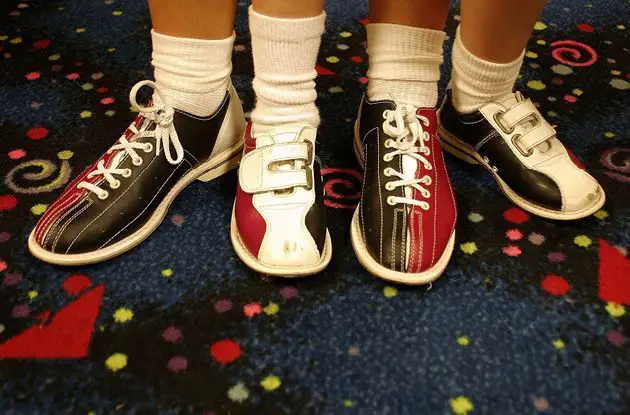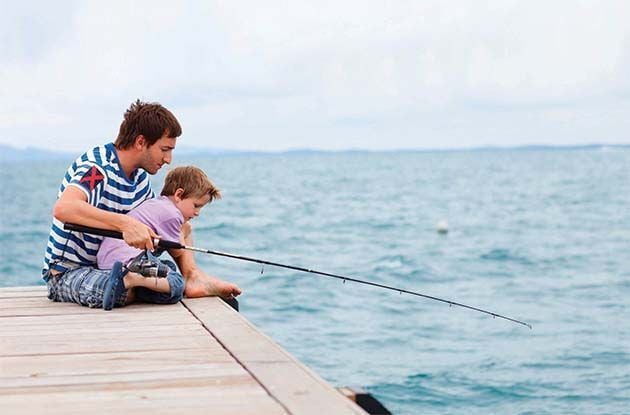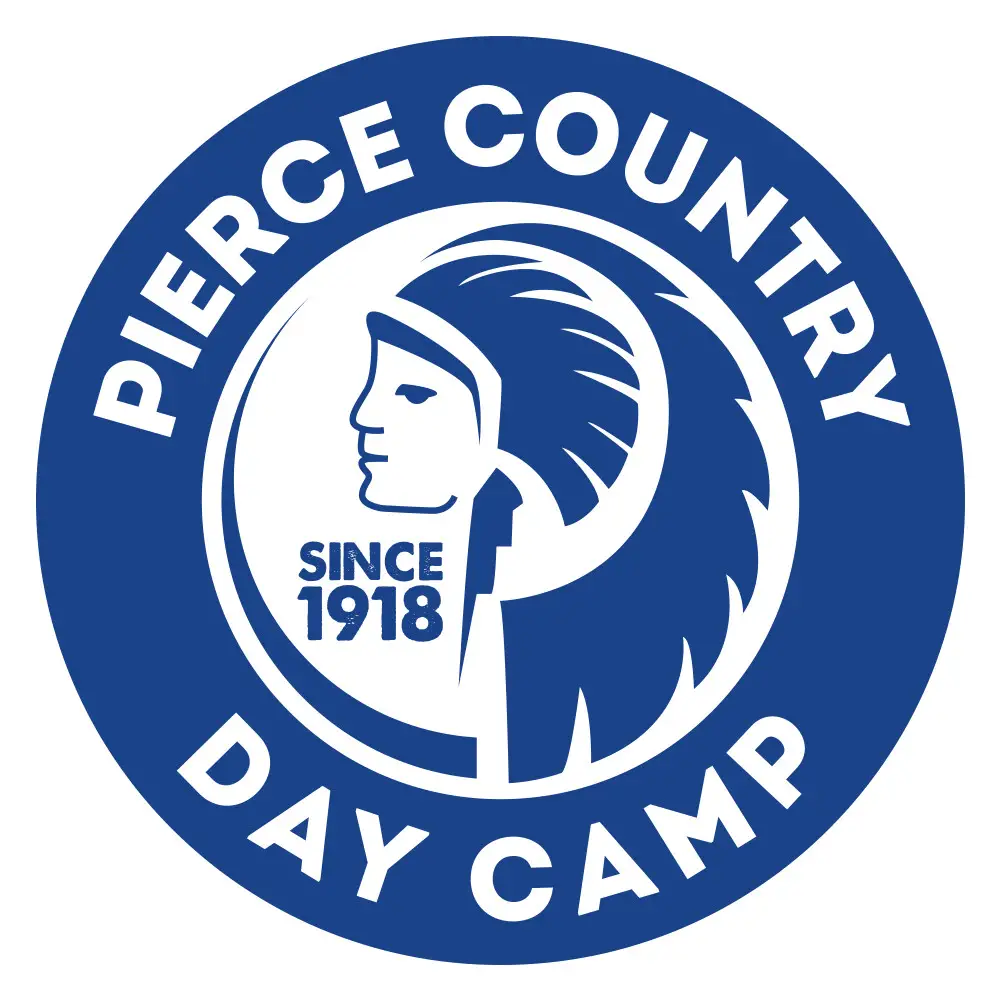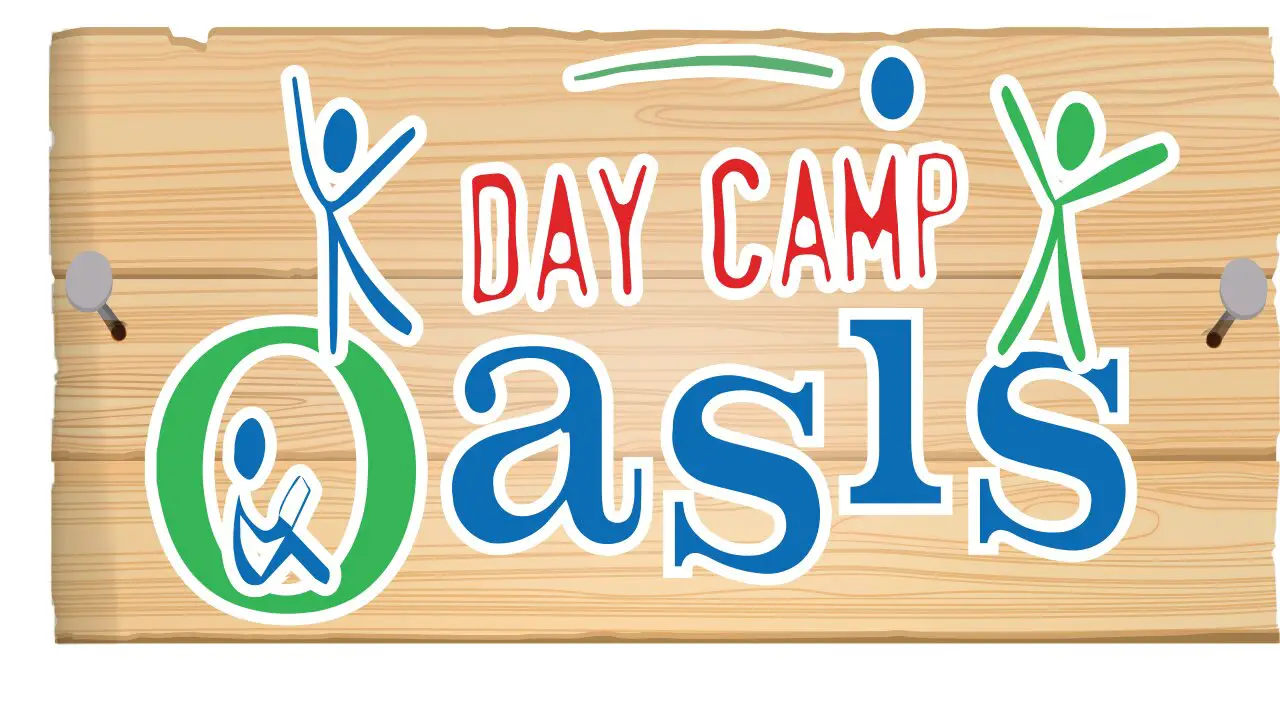Get the Best Kid-Friendly Activities
Sent to You Weekly!
Inevitability of Injuries
Although there are numerous physical benefits including anaerobic, aerobic, strength, and flexibility training, there is also a high likelihood for serious injuries. Pediatrician Jeffrey Schor from Long Island's PM Pediatrics notes that coaches need to understand the injury risks that can come along with wrestling. Wrestlers who are thrown can hurt their backs, especially against mats with less-than-adequate cushioning. But those who land on their knees, shoulders, or heads are most likely to experience problems. Headgear, which is now mandatory in competition but not in practices, should be worn at all times to cut down on the likelihood of concussions. Wrestler's ear, which is caused by bleeding in the ear (a problem more cosmetic than medical), can also be prevented by headgear. Still, risk of infections remains high because wrestlers are constantly pressed up against each other or pressed against the mat.
As children get older, injury risks increase. "They're bigger, stronger, and better at doing maneuvers that force their opponents down," Schor says. "And, one wrong landing can cause an acute injury. These children aren't like runners who experience repetitive, overuse injuries. These children can usually pinpoint exactly when they get hurt."
Many are also under pressure to wrestle at lower weight classes than their ideal weight and may have trouble with disordered eating. Young wrestlers may skip meals, take laxatives, use diuretics, or form distinctive rituals around food. Some may try wearing tracksuits or use saunas to sweat more and expedite weight loss. All of these practices can be dangerous, and Schor cautions parents to be mindful of suspicious behavior. When peculiar behaviors are noted, parents should consult with doctors, coaches, and-most importantly-their child.
Coaches who understand the fine points of wrestling and have patience with their charges usually can help them succeed and stay injury-free. "In both wrestling and life, there are a lot of ways to get on top of the mountain," Torriero comments. "When the kids stick with it, they realize that good things will come, and that's all that matters. It's about setting long-term goals and getting there."
Related Articles:
How to Protect Your Young Athlete: Sports Gear & Equipment
Preventing Sports Injuries in Kids and Teens









